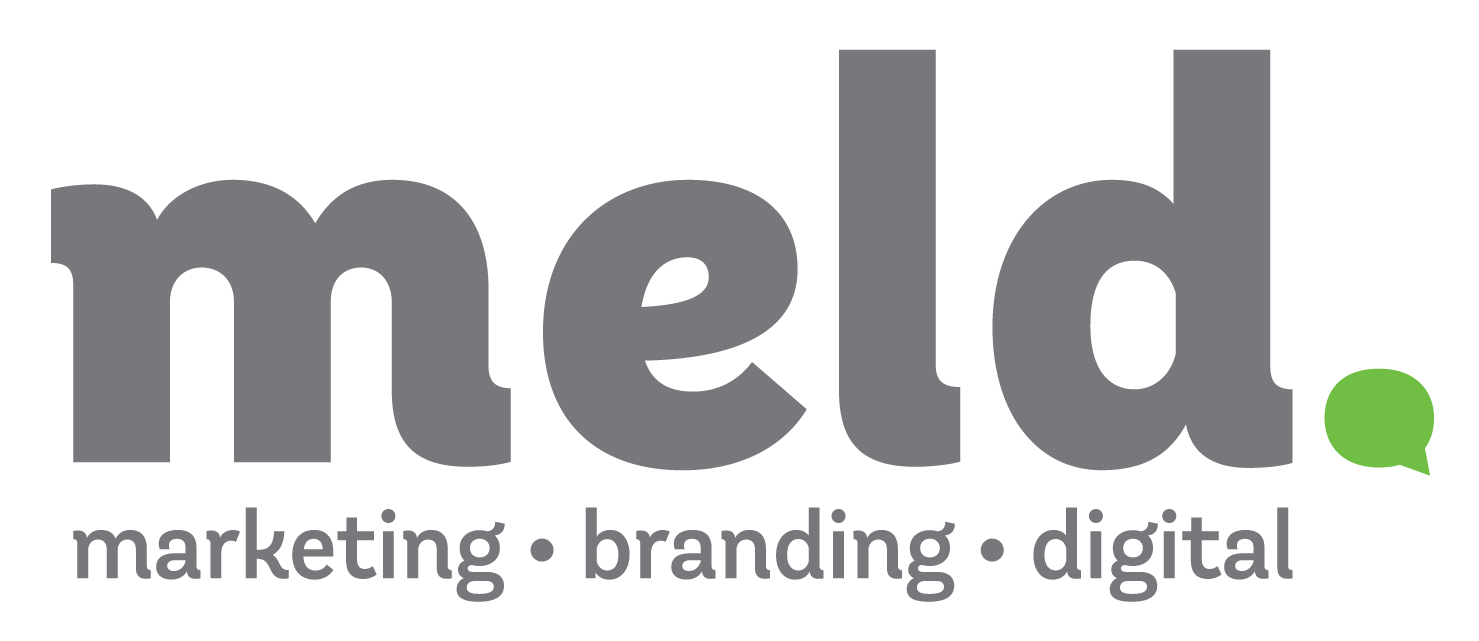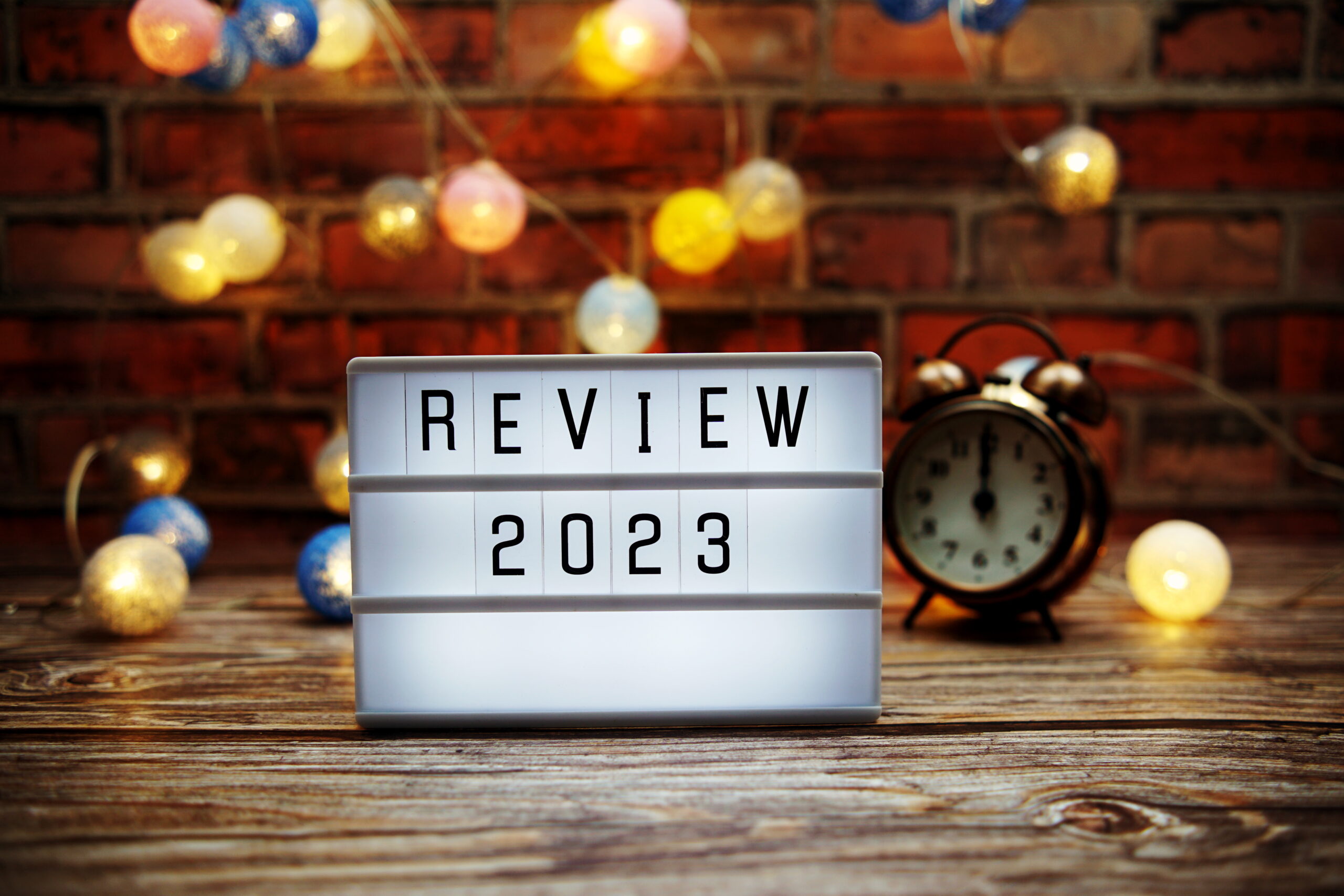When iOS14 began rolling out in September of 2020, many Apple users were excited about the new features, such as the home screen redesign and widgets. Facebook advertisers, however, were focused on a much different part of the update: privacy enhancements.
These privacy enhancements specifically affect the way apps are able to track you when you leave that app. Facebook has been very vocal about their disapproval of the update, leading to a public rift between Facebook and Apple. But digital politics aside, you’re probably wondering: What does the update mean for me? How will it affect my Facebook advertising—and my business?
We’ve done the research so you don’t have to. Below, we’ve broken down what the update entails and what it means for your Facebook marketing efforts going forward.
What is the update?
In their breakdown of the iOS14 features, Apple describes the update as the following: App tracking controls and transparency. Developers will be required to get your permission before tracking you. See which apps you have given permission to track in Settings so you can change your preferences.
This seemingly simple paragraph has big impacts for digital advertising. Long story short, the Facebook app is now required to get your permission to track your activity outside of the Facebook app.
This means that current Facebook app users will see a pop-up prompt (known as the “App Tracking Transparency Prompt,” or ATT for short) asking them if they will allow Facebook to track their activities across other apps and websites. For new users downloading the Facebook app for the first time, they will receive the pop-up notification upon install. The user can then choose whether to “Allow Tracking” or to “Ask App Not to Track.”
Until now, this tracking occurred automatically, no permission required. With users now having to expressly give—or not give—their permission, it’s predicted many users will choose to opt out of tracking.
But what does choosing “Ask App Not To Track” mean? Essentially, this means that when you click on a Facebook ad, visit a website from a link in a Facebook post, or click on an Facebook ad encouraging you to download another app (such as a game), Facebook won’t be able to know what you are doing on that website or app. In other words, Facebook won’t be allowed to track any data that isn’t theirs.
Let’s give a hypothetical example. Say you, as a Facebook user, are scrolling through the feed and see an ad from a local business. The ad is about a new product—custom sneakers, let’s say. You click the ad to take you to their website to check out the custom sneakers. If you selected“Ask App Not to Track” on the ATT prompt, Facebook won’t be able to track your activity on the website—i.e. how long you spent on the page and whether or not you made a purchase when you visited that page. If you selected “Allow Tracking” on the ATT prompt, Facebook can track your activity on the webpage, including the amount of time you spent on the page and whether you ended up making a purchase.
But why now? Why make this change? This update is a culmination of the years-long struggle in the digital world to find a balance between privacy and the ability to track customer’s data for effective targeted advertising. Unfortunately, many marketers—including you—may now be stuck in the middle.
How will this update affect Facebook ads?
The ability for users to opt out of tracking has far-reaching consequences for those conducting targeted Facebook ads. Below are a few of the anticipated effects.
Less Data on App and Website Conversions
This is where it is predicted that the update will have the biggest effect. If users who follow your Facebook page are opting out of the tracking, you’ll now be unable to tell if those users converted (clicked on an ad, visited your website, made a purchase, etc.) based on your posts or targeted ads. This means less data on the effectiveness of your conversion campaigns overall.
Decreased Website Visitors
It is also predicted that the update could cause a decrease in website visitors reported from Facebook. People are still visiting your website, but the traffic to your site from Facebook will be more difficult to quantify.
Lower Quality Audiences
Less information about users also means less information with which to create certain ad audiences within Facebook. Facebook advertisers may see a drop in retargeting audiences, as well as lower quality lookalike audiences (that is, if your lookalike audiences were created off of website visitors). This can mean less efficient and effective advertising, ultimately making it more difficult to reach your target audience and potentially limiting growth. This especially applies to small businesses, who have a limited ad budget and need as many tools to fine-tune their target audience as possible to make sure those precious ad dollars are spent in the right place.
The good news? If your Facebook audiences are based off of activity within the Facebook app—video views, engagement, page likes—your audiences will be relatively unaffected.
What does this update mean for me?
Whether you’re a digital marketing guru, an agency employee, or a small business owner who runs Facebook ads, it’s important to understand how the update affects you.
The answer? It depends. If you frequently run conversion-based campaigns or posts, the reporting on the effectiveness of these conversions will be less accurate. This leads to less effective remarketing efforts. On the flip side, if your posts are more awareness- or engagement-based, you may not feel much effect.
You may also have more difficulty reaching the specific audience you’re looking for. With less data comes less targeting options. This can mean your ad dollars may not work as efficiently as they used to, and you may see less return on ad spend (ROAS). In other words, it’s now harder to make sure your Facebook posts and ads are being shown to the people you want them to be shown to. Many experts are predicting a decrease in ad personalization as a result.
When will the update go into effect?
While iOS14 was released in the fall of 2020, the particular privacy update in question was not set to go into effect until early 2021—hence, the heightened buzz in the marketing world in recent weeks.
Like many of Apple’s updates, the privacy update is being rolled out slowly to users in waves, meaning not all of your customers will get the ATT prompt at the exact same time. In a recent blog post, Apple vaguely laid out their timeline for the update, saying, “This requirement will roll out broadly in early spring…” Google also announced that they have a similar anti-app tracking feature in the works. While Google’s anti-tracking feature is still in the early stages of development, it’s worth noting that Android users could potentially be affected at some point in the future, too.
What should I do about it?
Of course, advertising is one of Facebook’s main sources of revenue, and they want people to continue to advertise on their platform. As a result, Facebook has already created new tools and workarounds and will continue to do so to ensure the impact of the update is felt less strongly. While there’s no magical solution, these measures will mitigate the negative effects of the update while still complying with Apple’s new privacy regulations.
A great place to start is by running a device breakdown on your (or your clients’) Facebook pages. This will help inform how many people interact with your page using an iPhone, giving you an idea of how many of your page followers and fans will be affected by the update.
Searching for more helpful tips on how to navigate the update? Want to make sure your Facebook advertising efforts are still as successful as possible? Reach out to our team! We’ve been working with Facebook to stay ahead of the update and have already begun implementing the recommended processes to prepare for the change. Our digital and social media experts can help you continue to get the most out of your digital advertising to keep your ROI high!



